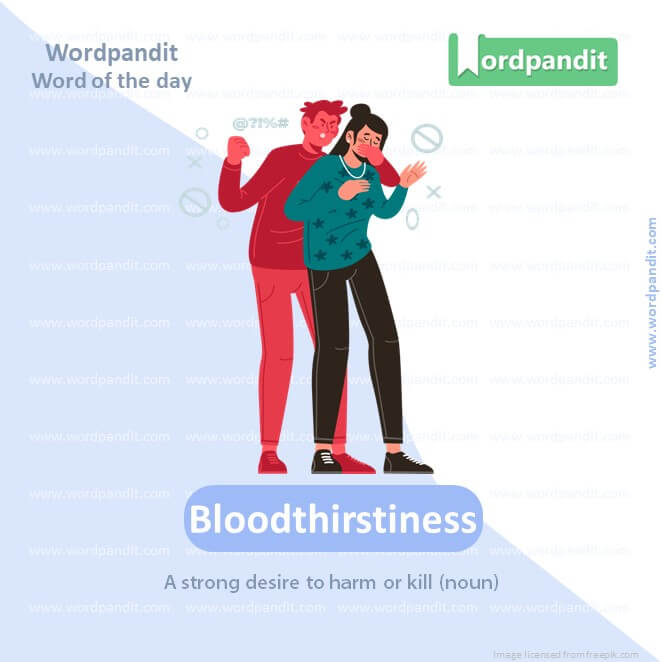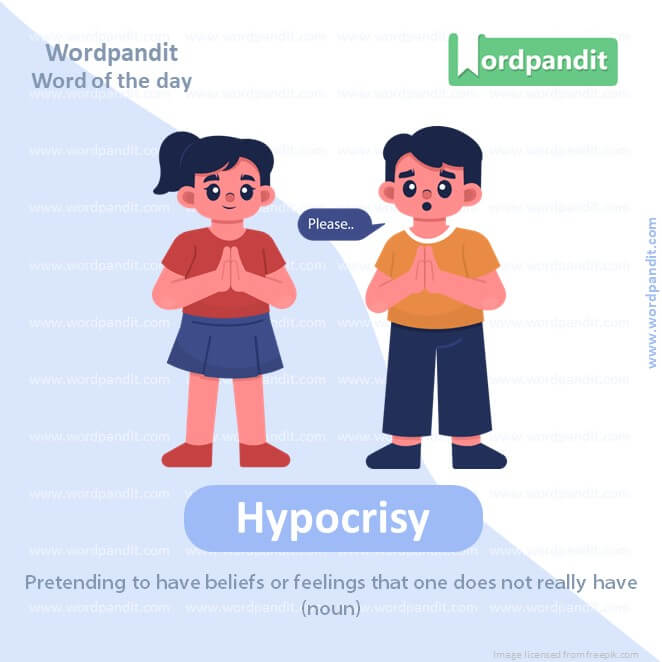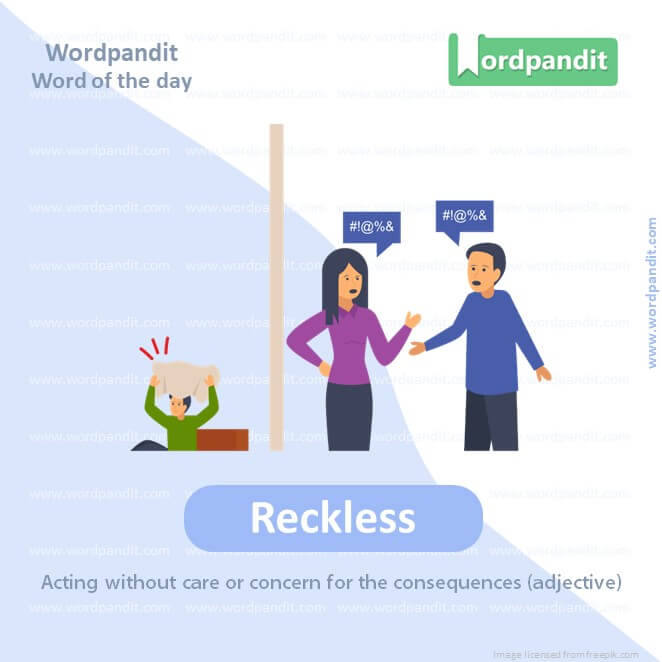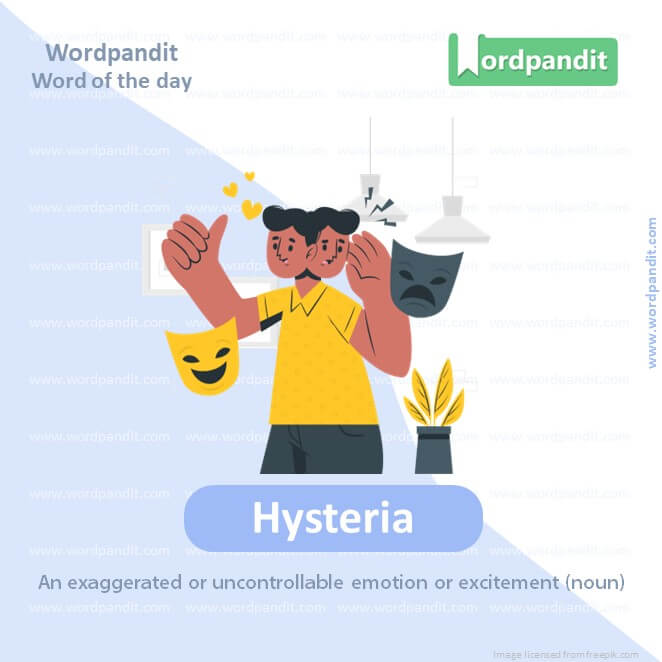Daily Vocabulary Words: List of Daily Used Words in Leading International Newspapers
Hi there. Welcome to this special section @ Wordpandit.
Our endeavour here is very simple: to highlight important daily vocabulary words, which you would come across in leading newspapers in the country. We have included the following newspapers in our selection:
• The New York Times
• The Washington Post
• Scientific American
• BBC
• The Guardian
• Psychology Today
• Wall Street Journal
• The Economist
We are putting in extensive work for developing your vocabulary. All you have got to do is be regular with this section and check out this post on a daily basis. This is your repository of words that are commonly used and essentially, we are posting a list of daily used words. Hence, this has significant practical application as it teaches you words that are used commonly in leading publications mentioned above.
Visit the website daily to learn words from leading international newspapers.

WORD-1: Bloodthirstiness
CONTEXT: The “brutality” and “the bloodthirstiness” of Hamas, he added, “brings to mind the worst rampages of ISIS”.
SOURCE: Al Jazeera
EXPLANATORY PARAGRAPH: Imagine there’s a big, scary movie villain who really, really wants to fight and hurt others. That feeling he has, that desire to hurt, is called bloodthirstiness. It’s like being super hungry, but instead of wanting food, someone wants to be mean and violent.
MEANING: A strong desire to harm or kill (noun).
PRONUNCIATION: Blood-thirsty-ness.
SYNONYMS: Aggressiveness, ferocity, savagery, ruthlessness, violence, fierceness, cruelty.
USAGE EXAMPLES:
1. The bloodthirstiness of the movie’s villain scared the young audience.
2. Medieval battles often depicted the bloodthirstiness of warriors.
3. The tribe’s leader was known for his bloodthirstiness and lack of mercy.
4. Legends spoke of dragons and their bloodthirstiness towards humans.

WORD-2: Brutality
CONTEXT: The “brutality” and “the bloodthirstiness” of Hamas, he added, “brings to mind the worst rampages of ISIS”.
SOURCE: Al Jazeera
EXPLANATORY PARAGRAPH: Think of someone being really, really mean and causing pain, like a bully in a playground. That kind of mean and harsh behavior is called brutality.
MEANING: Cruel and violent treatment or behavior (noun).
PRONUNCIATION: Broo-tal-i-tee.
SYNONYMS: Cruelty, savagery, violence, harshness, ruthlessness, mercilessness.
USAGE EXAMPLES:
1. The brutality shown by the bully was reported to the principal.
2. The movie portrayed the brutality of war.
3. Animal activists protested against the brutality towards animals.
4. The news reported on the police brutality during the protests.

WORD-3: Hypocrisy
CONTEXT: The degree of hysteria and the hypocrisy are as mind-boggling, as they are reckless.
SOURCE: Al Jazeera
EXPLANATORY PARAGRAPH: Imagine someone telling you not to eat cookies before dinner, but then you catch them eating cookies themselves! That’s called hypocrisy, when someone says one thing but does the opposite.
MEANING: Pretending to have beliefs or feelings that one does not really have (noun).
PRONUNCIATION: Hip-ock-ruh-see.
SYNONYMS: Insincerity, two-facedness, deceit, duplicity, pretense, dishonesty.
USAGE EXAMPLES:
1. The teacher pointed out the hypocrisy of cheating on a test about honesty.
2. She couldn’t stand the hypocrisy of her friend’s actions.
3. Many politicians are criticized for their hypocrisy.
4. The boy realized the hypocrisy of telling his sister to share while he kept all the toys to himself.

WORD-4: Reckless
CONTEXT: The degree of hysteria and the hypocrisy are as mind-boggling, as they are reckless.
SOURCE: Al Jazeera
EXPLANATORY PARAGRAPH: Imagine driving a toy car super fast without looking where you’re going! That’s being reckless. It means doing something without thinking about the dangers.
MEANING: Acting without care or concern for the consequences (adjective).
PRONUNCIATION: Reck-less.
SYNONYMS: Rash, careless, thoughtless, heedless, impulsive, foolhardy.
USAGE EXAMPLES:
1. He was reckless in his decision to go skiing without a helmet.
2. The reckless driver caused a major accident on the highway.
3. Playing with fire is a reckless thing to do.
4. Jumping off the roof was a reckless decision she regretted.

WORD-5: Hysteria
CONTEXT: The degree of hysteria and the hypocrisy are as mind-boggling, as they are reckless.
SOURCE: Al Jazeera
EXPLANATORY PARAGRAPH: Imagine seeing a big spider and screaming super loud because you’re so scared, even if the spider is harmless. That strong feeling of being super scared or excited is called hysteria.
MEANING: An exaggerated or uncontrollable emotion or excitement (noun).
PRONUNCIATION: His-teer-ee-uh.
SYNONYMS: Panic, frenzy, uproar, alarm, commotion, mania.
USAGE EXAMPLES:
1. There was hysteria in the town when the lion escaped from the zoo.
2. Fans were in hysteria when the famous singer took the stage.
3. The rumor caused unnecessary hysteria among the students.
4. After seeing the mouse, she went into hysteria, jumping on the table.
WORD-6: Vulnerability
CONTEXT: It will be remembered as a byword for Jewish vulnerability, the more painful for coming in the very place where Jews were supposed at last to have shaken off the powerlessness that blighted them for two millennia.
SOURCE: The guardian
EXPLANATORY PARAGRAPH: You know when you have a soft toy and there’s a small tear, making the stuffing come out? That tear is a weak spot. Just like that, vulnerability means having a weak spot or feeling like you can get hurt easily.
MEANING: The state of being exposed to the possibility of harm or attack (noun).
PRONUNCIATION: Vul-ner-uh-bil-i-tee.
SYNONYMS: Weakness, susceptibility, frailty, sensitivity, defenselessness.
USAGE EXAMPLES:
1. The child’s vulnerability made him an easy target for bullies.
2. The old software had vulnerabilities that hackers could exploit.
3. She showed her vulnerability when she shared her personal story.
4. The crumbling wall was a vulnerability in the fortress.
WORD-7: Invacuations
CONTEXT: Three Jewish schools in London closed today, as a precaution. Others are practising “invacuations”: the teachers try to make it a game for the youngest children, five-year-olds told to listen for the siren, run into the classroom and keep silent – quietest class wins.
SOURCE: The guardian
WORD-8: Jubilation
CONTEXT: The bleak truth is that this was jubilation at the massacre of Israelis. This was delight in Jewish death.
SOURCE: The guardian
EXPLANATORY PARAGRAPH: Imagine it’s your birthday and you get the biggest and best present ever, and you’re jumping up and down with joy! That super happy feeling is called jubilation.
MEANING: A feeling of great happiness and triumph (noun).
PRONUNCIATION: Joo-bi-lay-shun.
SYNONYMS: Joy, elation, delight, glee, exhilaration, celebration.
USAGE EXAMPLES:
1. The team’s victory was met with jubilation by its fans.
2. When they heard the good news, there was jubilation throughout the house.
3. The streets were filled with jubilation after the national team won the championship.
4. Her face showed pure jubilation when she saw the surprise party.
WORD-9: Revoked
CONTEXT: it is a curse on it. With a founding charter, never revoked, packed with explicit, medieval anti-Jewish hatred
SOURCE: The guardian
EXPLANATORY PARAGRAPH: Think of having a toy and then someone takes it away because you weren’t playing nicely. When something is taken away, it’s like it’s been “revoked”.
MEANING: To take back or cancel an offer or privilege (verb).
PRONUNCIATION: Re-voke-d.
SYNONYMS: Cancelled, rescinded, annulled, nullified, retracted, withdrawn.
USAGE EXAMPLES:
1. His driving license was revoked after he broke the rules.
2. The company revoked the offer when they found a better candidate.
3. Her membership was revoked due to non-payment.
4. The teacher revoked the student’s privilege of using the computer because he misbehaved.
WORD-10: Empathy
CONTEXT: Others have detected something milder and subtler, but more prevalent: a kind of qualified empathy, a sense that last weekend’s acts of terror did not quite merit the same response as other atrocities.
SOURCE: The guardian
EXPLANATORY PARAGRAPH: Imagine your friend falls and hurts their knee, and you feel bad for them because you know it must hurt. That feeling of understanding and caring about how someone else feels is called empathy.
MEANING: The ability to understand and share the feelings of another (noun).
PRONUNCIATION: Em-puh-thee.
SYNONYMS: Compassion, sympathy, understanding, sensitivity, kindness, consideration.
USAGE EXAMPLES:
1. She showed great empathy when she comforted her crying friend.
2. Empathy is important for doctors to understand their patients.
3. Reading books can help children develop empathy for others.
4. He lacked empathy, often ignoring the feelings of those around him.
Vocabulary Words for IELTS'
Preparing for an esteemed examination like IELTS urges a diligent focus on ‘vocabulary words for IELTS’. These specific words, frequently prominent in IELTS examinations, play a vital role in expressing ideas effectively and articulately. To successfully conquer ‘vocabulary words for IELTS’, a strategic and focused approach is quintessential.
A fundamental step when learning ‘vocabulary words for IELTS’ is understanding these words in the context of use. For this, exposure to diverse resources like newspapers, journals, academic texts, and digital content is crucial. This engagement aids in understanding the nuances of these words, fortifying your preparation for ‘vocabulary words for IELTS’.
When tackling ‘vocabulary words for IELTS’, regular practice is the cornerstone of success. Consistent writing and speaking exercises help in embedding this vocabulary in your linguistic repertoire. Take situations or topics that commonly appear in the IELTS exam and practice crafting complex yet coherent sentences using these words.
In the journey to unfold ‘vocabulary words for IELTS’, making use of memory-enhancement techniques can orchestrate your success. Tools like flashcards and recall-based applications can significantly assist in retaining and reinforcing these words in your memory. Additionally, forming personal connections or stories with these words can greatly improve word recall.
Brevity is equally significant when preparing for ‘vocabulary words for IELTS’. Attempt to learn a limited number of words each day rather than tackling a large list all at once. This habit allows the brain adequate time to absorb and store these words securely, ensuring an effective learning experience.
In conclusion, the quest to master ‘vocabulary words for IELTS’ is an engaging dance of comprehension, practice, memory techniques, and thoughtful pacing. As you pirouette gracefully through these strategies, you’ll find communicating your IELTS responses with the right ‘vocabulary words for IELTS’ is less of a cliffhanger and more of an epic tale of language success.











